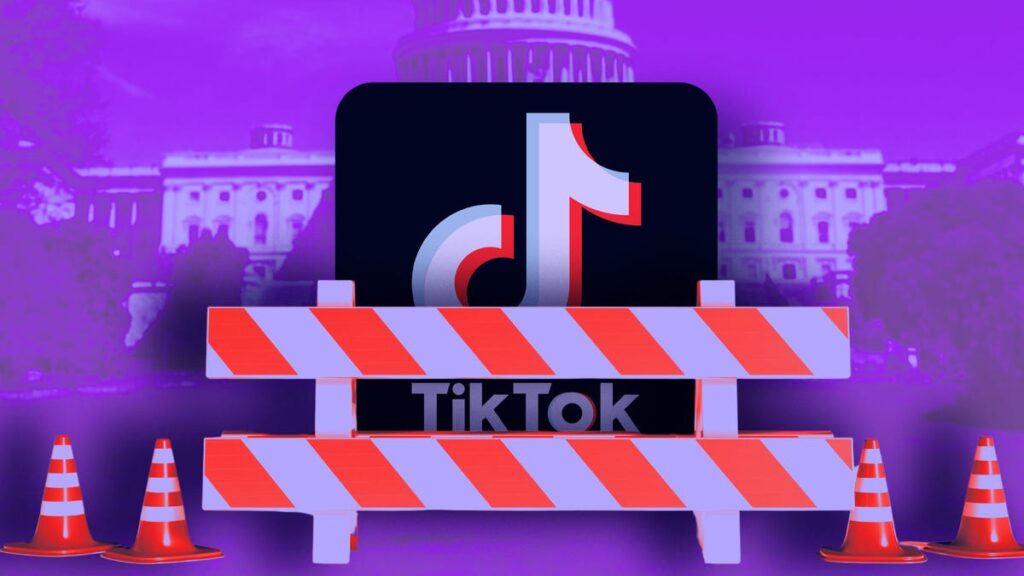TikTok is suing the US government to block a new law that would force its China-based owners to sell the app or face a nationwide ban. In a lawsuit announced Tuesday by TikTok, the company said a forced sale would be “not commercially, technically or legally viable” and that the bill signed last month would force TikTok to sell on January 19, 2025. He said he would be forced to close.
“For the first time in history, Congress has made a single designated speech platform subject to a permanent, nationwide ban, restricting all Americans from participating in a unique online community of more than 1 billion people worldwide. “We have enacted a law prohibiting this,” the company said. said in a 67-page lawsuit. “The ban on TikTok is clearly unconstitutional.”
A representative for the U.S. Department of Justice declined to comment.
TikTok's efforts to fight the ban represent a further escalation of a years-long political battle over one of the most popular social networks on the planet. The U.S. government under former President Donald Trump and current President Joe Biden has argued that TikTok's parent company ByteDance's ties to the Chinese government make the app a national security risk. TikTok countered that not only has it worked to address the government's concerns, but its popularity and usage by about half of the U.S. population makes it an essential platform for free expression.
read more: President Biden signs bill that could ban TikTok: What you need to know
Short video apps are particularly popular among young people and have become a staple of online culture. While many people use it to discover music, perform intricate dance routines, and discuss celebrity gossip, many people use it to spread disinformation and misinformation. Some people are.
Critics worry that the app's popularity could make it a potential political tool for the Chinese government, which could use video recommendation technology to sow discord and interfere in things like U.S. elections.
TikTok said in its lawsuit that national security concerns are “speculative” and “fall short of what is required when First Amendment rights are at stake.” .
The company also argued that U.S. laws aimed at forcing the sale of TikTok in the face of a ban violate other U.S. constitutional protections. TikTok said in its lawsuit that the law violates a provision that prohibits “the unlawful taking of private property without just compensation.”
TikTok also argued that its right to equal protection under the law means a ban on TikTok would require similar bans on other platforms.
“Congress has traditionally created a two-tiered speech regime that sets one rule for one designated platform and another set for other platforms,” the company said in its lawsuit. I had never done that.”
TikTok is asking the court to rule that the law violates the U.S. Constitution, halt the U.S. government's enforcement of the law, and “grant any further relief it deems appropriate.”


